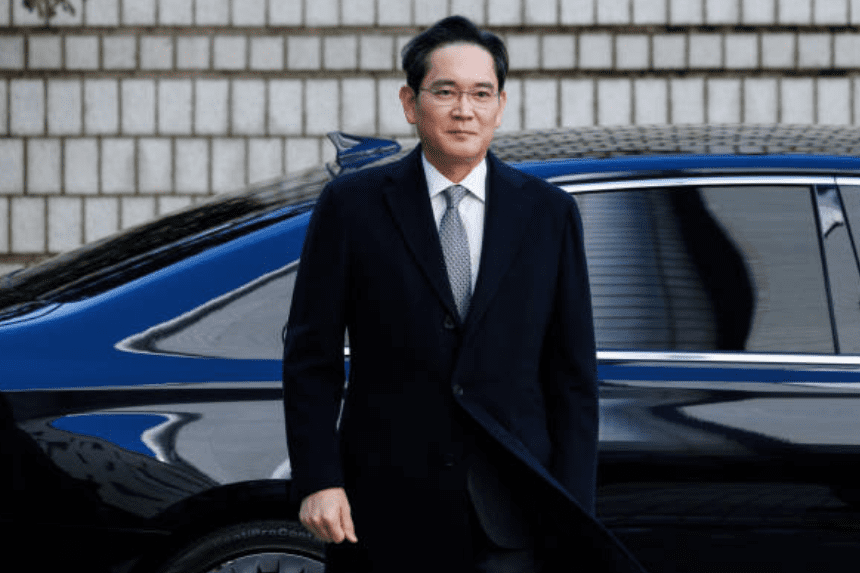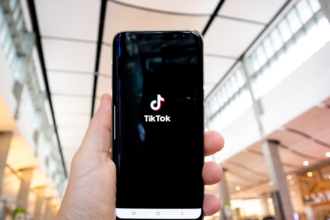The top court in South Korea cleared Lee Jae-yong, the real leader of Samsung, of fraud charges, after a long and heated legal battle. Prosecutors said that the case was about his role in a 2015 merger plan between two Samsung businesses, which they said was a fake attempt to gain more influence over the corporation.
Lee, the grandson of Samsung’s founder, was accused of using dishonest accounting and stock manipulation to get an unfair edge in the deal. The agreement, which brought together Samsung C&T and Samsung Biologics, made people wonder about how well South Korea’s largest company was run.
What did the court say in the Samsung fraud case?
The Supreme Court of South Korea made its final decision in favour of Lee Jae-yong, agreeing with an earlier not guilty result. The court said that the merger and the accounting techniques that went along with it were legal and threw out any claims of fraud. Samsung’s lawyers thanked the court for its comprehensive review and said that the five-year trial process had been fair and just.
Lee was found not guilty in two earlier trials, which led to this result. The case got a lot of attention not only because the corporation was well-known, but also because South Korea is still having trouble with corruption in its family-run conglomerates, which are called chaebols. Here is the link to our article on the Tycoon Fraud Verdict
What did this legal fight do to Lee Jae-yong and Samsung?
Lee Jae-yong had more than one legal problem. He was arrested in 2017 for bribery in connection with the merger that took place in 2015. Prosecutors said that Lee had paid bribes to get the government to back the agreement, which would have let him take over Samsung if his father’s health got worse.
Lee’s prison sentences were cut several times while he was in trouble with the law. One of these was a special presidential pardon that let him serve a lesser sentence. The South Korean government pardoned him in 2020 to assist the economy’s recovery following the COVID-19 pandemic. They did this because they knew how important he was to running the country’s largest enterprise.
What does this decision mean for businesses in South Korea?
This decision has bigger effects on South Korea’s business world. The country has been dealing with corruption scandals involving its big chaebols for a long time, and this case brought to light longstanding worries about how businesses are run. Some people say that the lawsuits against Samsung show that family-run businesses aren’t open and accountable.
But the verdict could also mean that business executives will be treated better as South Korea faces increased competition from around the world. Samsung’s performance is being closely watched, especially in a tough stock market. To stay on top in the global electronics business, the company’s management will need to focus on being Anthology and innovation. Here is the link to our article on Investor Fraud Punishment
What will happen next for Lee Jae-yong and Samsung?
Lee Jae-yong and Samsung will still have problems to deal with, even after this case is over. The tech business is becoming more competitive, and the company is feeling the heat from rivals like Apple and Chinese companies. Samsung has also not done well on the stock market, even though it is the leader in many areas, such as semiconductors and cellphones.
Lee will probably focus on helping the firm get through these problems, using the court win to boost confidence in both his leadership and Samsung’s future. Going forward, the focus will be on adjusting to a changing global market and dealing with the rising worries about corporate governance.
Final Thoughts
Lee Jae-yong’s legal win ends a protracted fight for both him and Samsung. The fact that South Korea’s top court ruled in his favour shows that the court did not find the fraud claims relating to the 2015 merger to be true. This choice is really important, but it doesn’t solve all of Samsung’s problems in a global market that is getting more and more competitive. Lee Jae-yong is in charge of the company, and to get through the problems of the future, they will need to keep focusing on new ideas and being open. South Korea’s top court has set a standard for how business executives are handled in the country, especially when it comes to family-run businesses.








